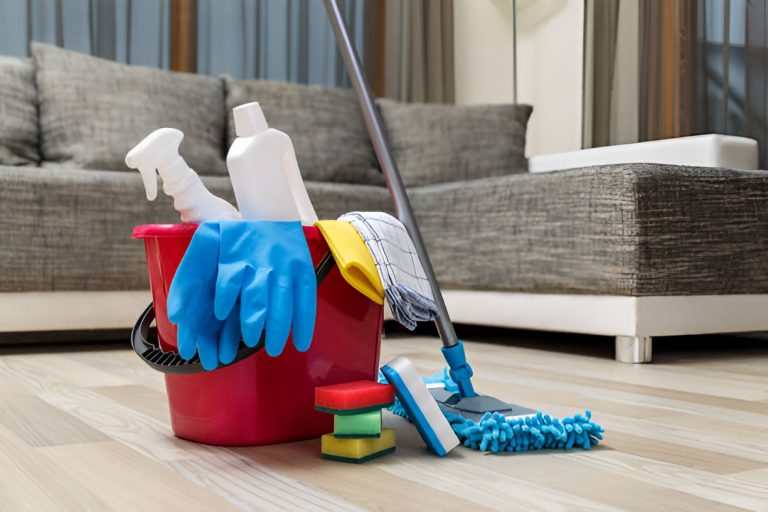

Whether you’ve been a homeowner for one year or a decade, it’s always smart to be thinking about which things you need to be maintaining or replacing in order to keep our dwelling as energy-efficient as possible. And our windows are often one of the things we overlook most. But old, inefficient windows can end up costing you ? it’s estimated that drafty windows that let air escape can add as much as 25% to your home’s energy bill.
So how can you tell if it’s time for a home window replacement in your house? Here are three of the easiest ways to find out:
You notice air leaks
Air leaks, or drafts, are one of the most common signs that it’s time for a home window replacement. Checking for them is simple; if you light a match or incense stick and hold it near your window frame. If the air isn’t still, you’ve likely got an air leak on your hands and should consider new home windows.
You spot mold or moisture
If mold or condensation appears between your window, this is another sign that your windows are letting air and moisture from outdoors into your home, reducing your overall energy efficiency. It also means that the wood of your window panes and frames is at risk of rotting, which will end up costing you more if you put your window replacement off for too long.
Your windows were installed earlier than 1980
If your home hasn’t had replacement windows installed since 1980 or earlier, then it’s definitely time to think about calling up your local window installers ? even the best windows only have a max lifespan of about 20 years. In addition, windows installed before 1980 are likely to be single-glazed, which are highly inefficient compared to the double or triple glazing that’s more commonly seen in windows today.
Many people are intimidated by the idea of replacing their home’s windows, especially due to worries over how much such a project will cost. However, investing in a residential window replacement for your home will, over the long run, easily pay itself off in saved energy costs. When about 45% of the average household energy bill goes toward heating, it’s one of the best ways to start saving energy while investing in your home’s future.



